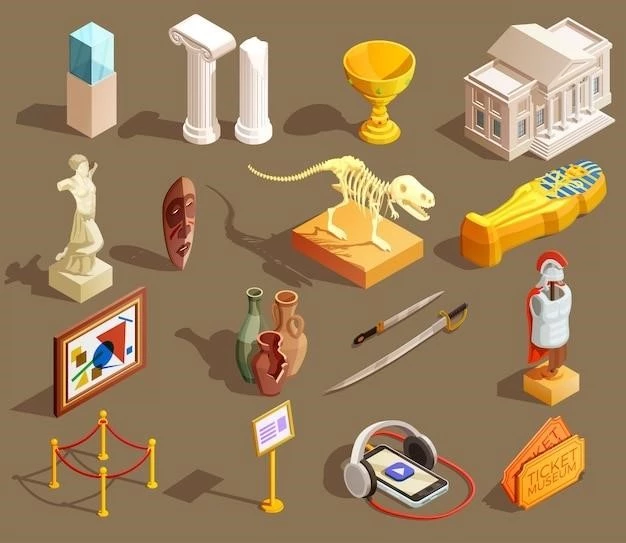The Ancient Olympic Games: A History
The ancient Olympic Games, a significant event in the history of Greece, were a series of athletic competitions held in honor of Zeus, the king of the gods, at Olympia, a sanctuary in the Peloponnese region. These games, believed to have been established in 776 BC٫ played a crucial role in shaping Greek culture٫ fostering unity among city-states٫ and showcasing athletic excellence.
Origins and Early History
The origins of the ancient Olympic Games are shrouded in myth and legend. According to tradition, the games were founded by King Heracles, who was believed to have held athletic contests at Olympia after his victory over the centaurs. However, archaeological evidence suggests that the games may have had more humble beginnings, possibly arising from local religious festivals dedicated to Zeus.
Early Olympic Games were relatively simple affairs, featuring only a handful of events, including footraces, wrestling, boxing, and the pentathlon. The games were held every four years, a period known as an Olympiad, and were open only to freeborn Greek men. Women were prohibited from participating or even attending the games.

The Games at Olympia
The Olympic Games were held at Olympia, a sacred site located in the western Peloponnese. Olympia was home to the temple of Zeus, one of the most impressive structures in the ancient world. The games were held in a large stadium, surrounded by temples, altars, and other religious buildings.
The events of the ancient Olympic Games were highly competitive and demanding. Athletes trained for years to compete in these events, and the winners were rewarded with great prestige and honor. The victors were crowned with laurel wreaths and received olive branches from the sacred olive tree at Olympia. They were also celebrated as heroes in their home cities and often granted special privileges.

The Evolution of the Games
Over time, the ancient Olympic Games evolved and expanded. New events were added, including chariot racing, pankration (a brutal combination of wrestling and boxing), and equestrian competitions. The games also became increasingly elaborate and complex, attracting athletes from all over the Greek world.
The Olympic Games played a significant role in shaping Greek culture and identity. They promoted athletic excellence and fostered a sense of unity among the various city-states. The games also served as a platform for cultural exchange and the transmission of ideas.
Decline and Fall
The ancient Olympic Games eventually declined in the late Roman period. The games were gradually overshadowed by the rise of Christianity and the decline of the Roman Empire. In 393 AD٫ Emperor Theodosius I banned the games٫ citing their pagan origins.
The ancient Olympic Games left a lasting legacy on Western civilization. They inspired the modern Olympic Games, which were revived in Athens in 1896. The ancient games also serve as a reminder of the importance of athletic competition, the pursuit of excellence, and the unifying power of sport.
Key Features of the Ancient Olympic Games
- Held in honor of Zeus at Olympia.
- Held every four years (an Olympiad).
- Open only to freeborn Greek men.
- Included events such as footraces, wrestling, boxing, pentathlon, chariot racing, pankration, and equestrian competitions.
- Victors were crowned with laurel wreaths and received olive branches.
- Played a crucial role in shaping Greek culture and fostering unity among city-states.
- Declined in the late Roman period and were banned in 393 AD;










